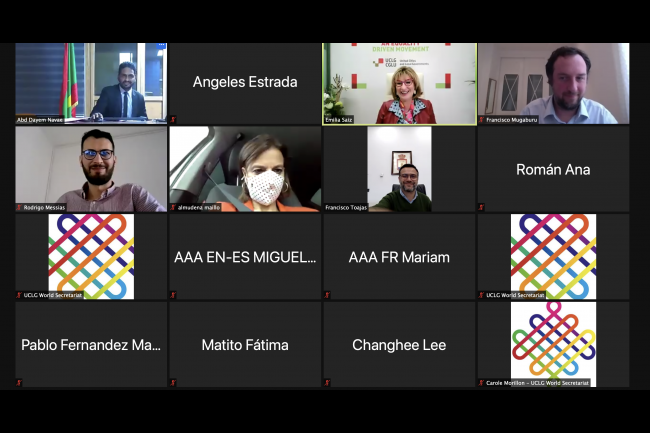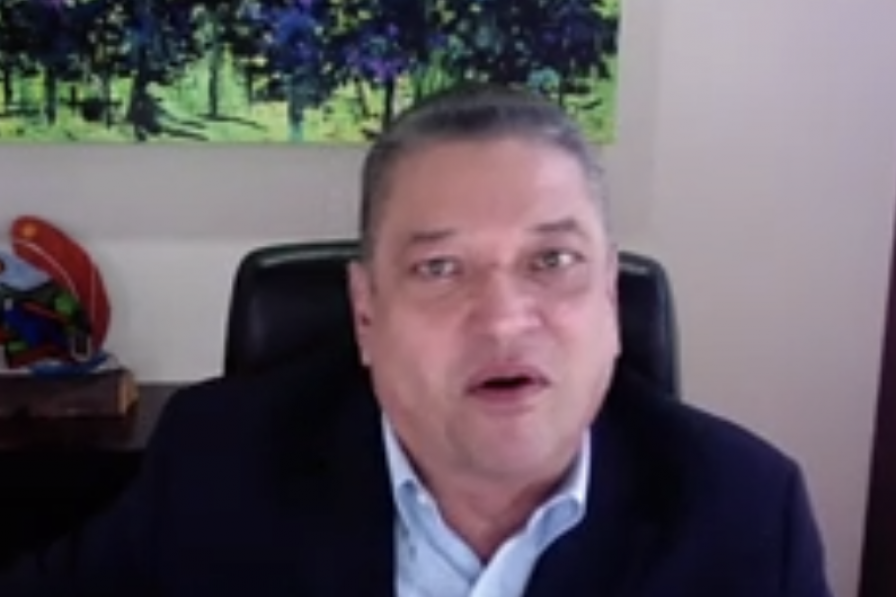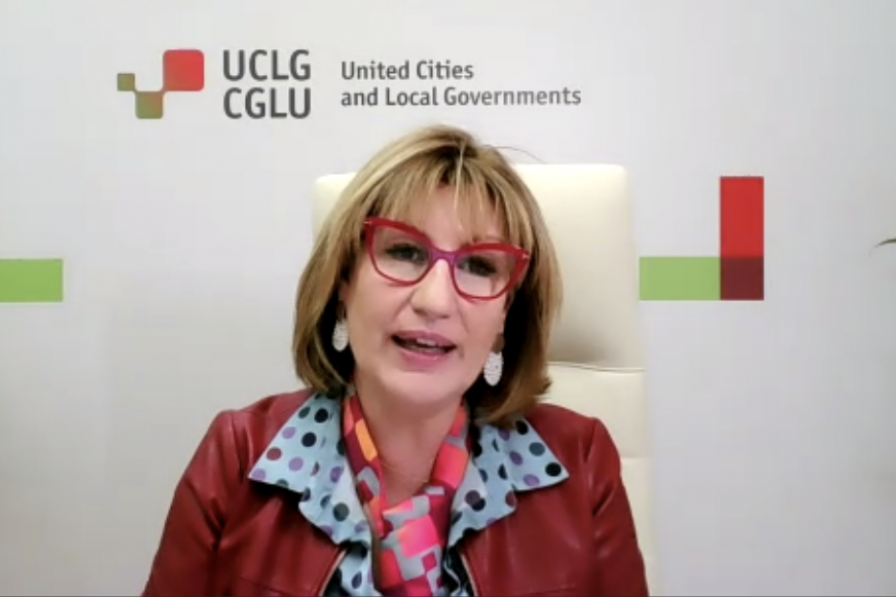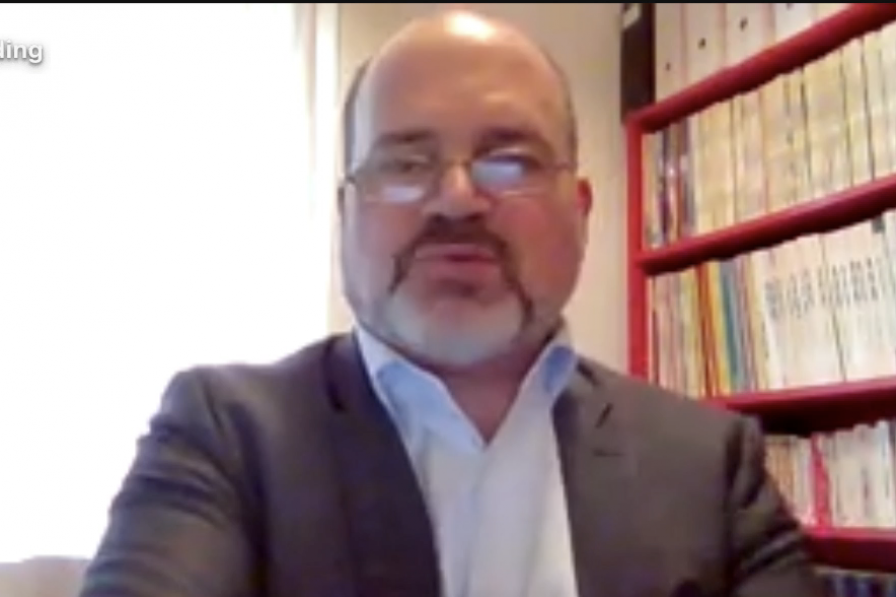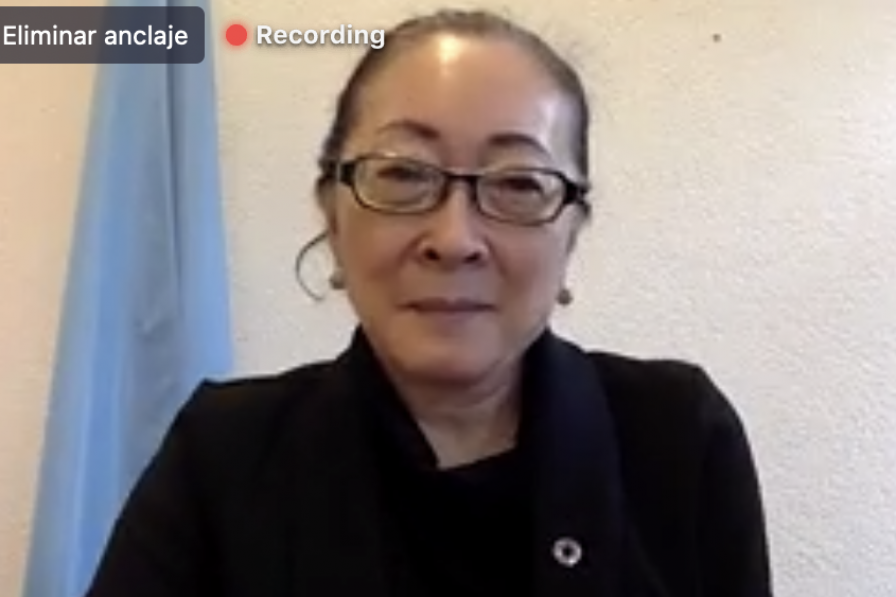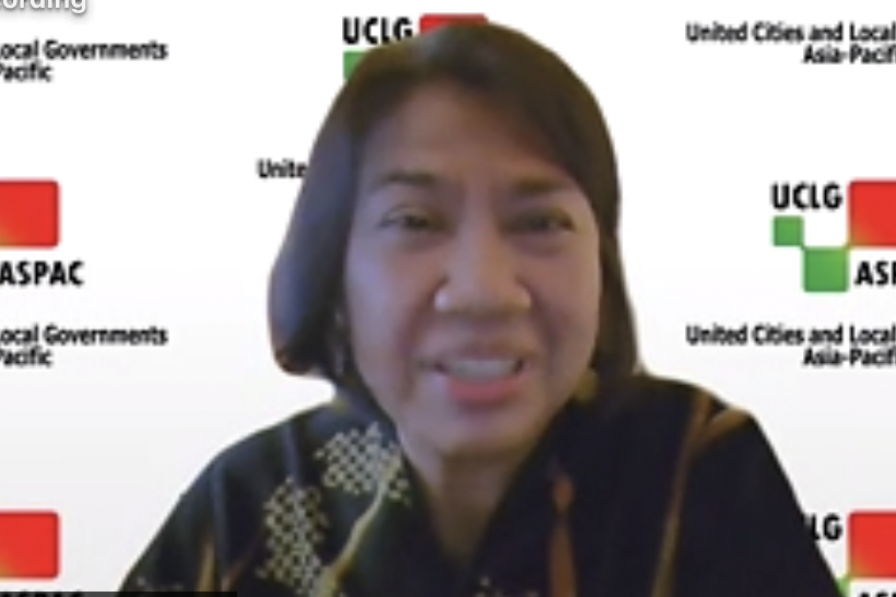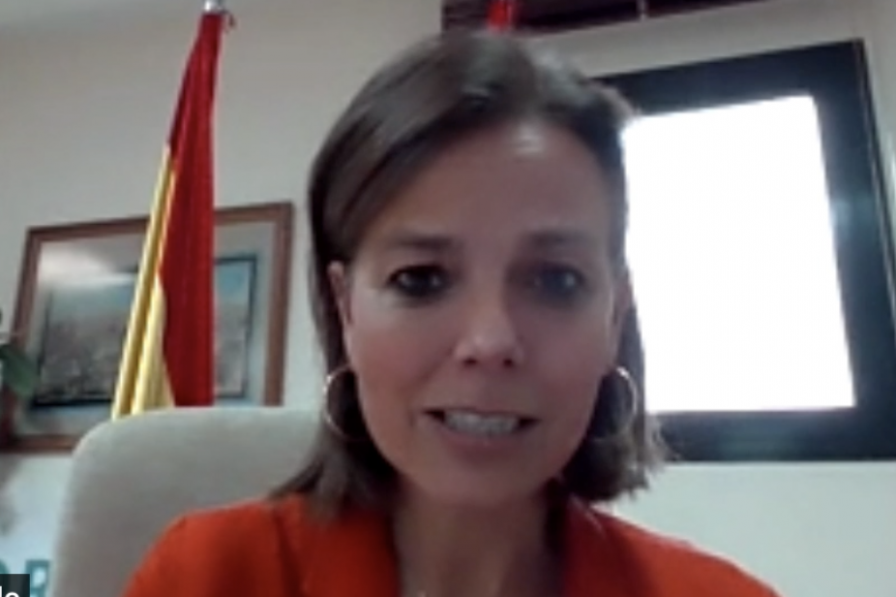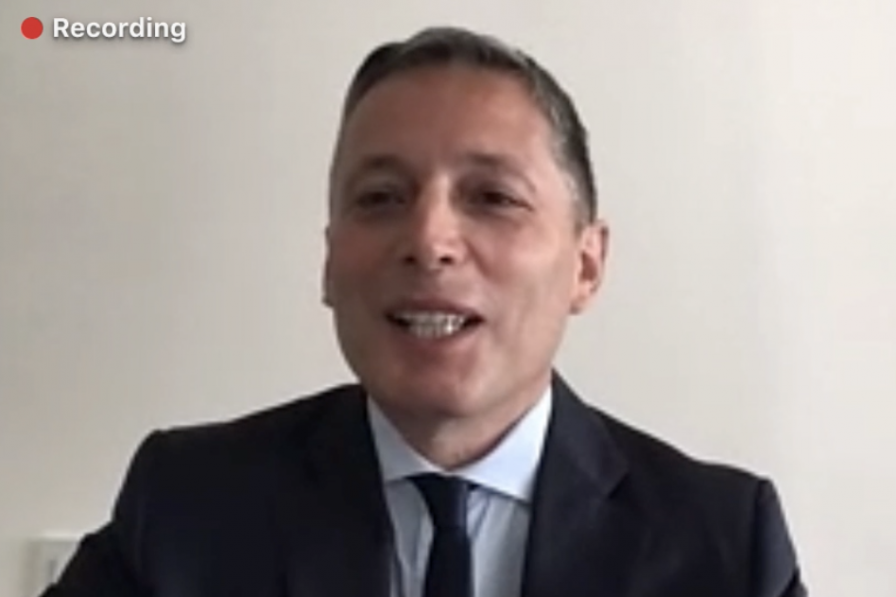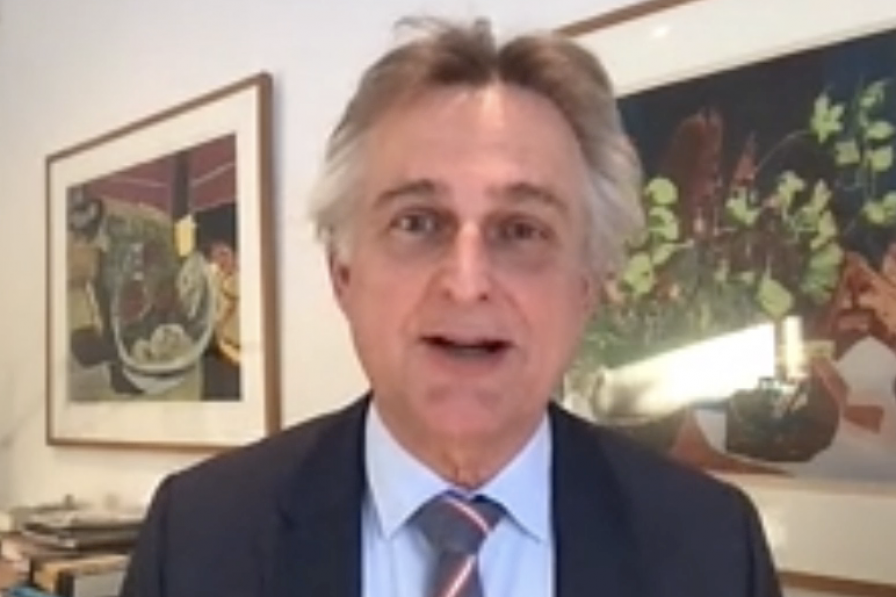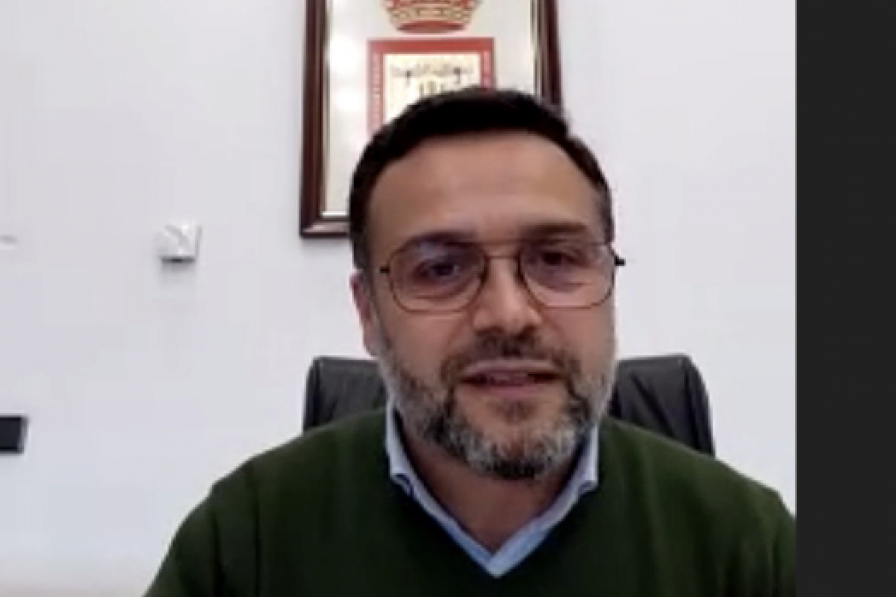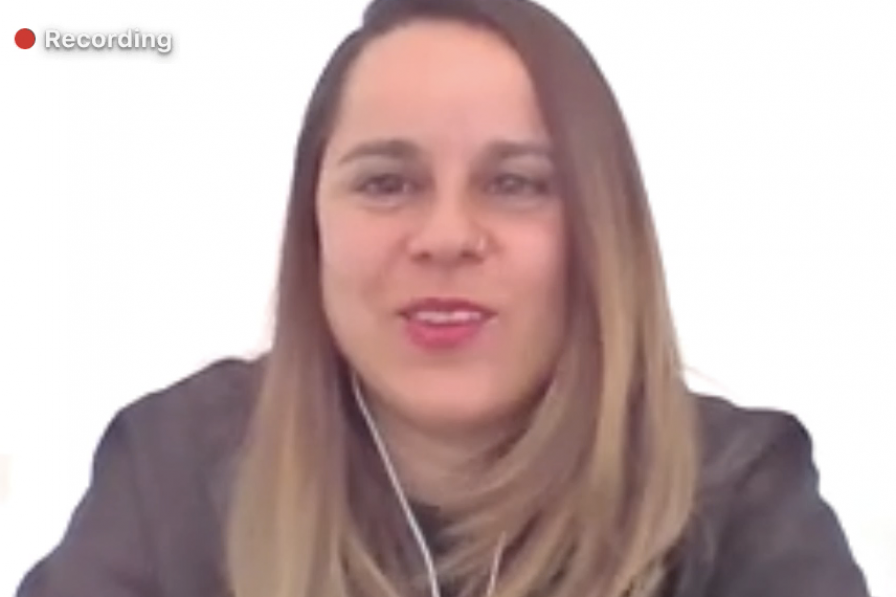The Policy Council on “Safer, Resilient and Sustainable Cities, Capable of Facing Crises” convened on Thursday, 11 February. The Council is co-chaired by Fatimetou Abdel Malick, President of the Nouakchott Regional Council, Mauritania, Johnny Araya, Mayor of San José, Costa Rica, Co-President of UCLG, and Sami Kanaan, Mayor of Geneva, Switzerland.
UCLG Secretary-General Emilia Sáiz opened the meeting, highlighting that the work of the Policy Council not only relates to disaster preparedness but, more broadly, to changing our relationship with ecosystems and shifting development models. She noted the concept of “safer” cities goes beyond security aspects and also relates to social cohesion.
Co-Chair Araya said the COVID-19 pandemic, having disastrous consequences on poverty reduction efforts, underscores the need for comprehensive visions of the concept of resilience rather than those centered solely on climate change.
Co-Chair Kanaan called for more operational work on the issue of resilience. He proposed hosting a meeting of the UCLG Working Group on Territorial Prevention and Management of Crises, which he co-chairs, in Geneva, as soon as health restrictions are lifted. He emphasized UCLG could leverage Geneva’s position as a hub for international organizations for advocacy purposes.
Mami Mizutori, Special Representative of the UN Secretary-General for Disaster Risk Reduction and Head of the UN Office for Disaster Risk Reduction (UNDRR), said the challenges to building more resilient cities are clear and not new. To overcome them, she stressed the need to reduce the root causes of risks, inves in risk governance, and develop multi-hazard approaches. She delineated UNDRR’s “Making Cities Resilient 2030” initiative, which, recognizing that cities are at different steps in the pathway to resilience, aims to support cities in: enhancing knowledge on risk and resilience; putting in place DRR strategies; and implementing actions to strengthen resilience.
Bernadia Irawati Tjandradewi, Secretary-General of UCLG Asia-Pacific, moderated a discussion with policy makers, underscoring the multiple dimensions of crises such as the COVID-19 pandemic. Key points raised during the discussion included:
- limitations to public service provision in the context of the pandemic, especially for vulnerable groups such as children with special education needs;
- measures taken in response to the pandemic, such as closing borders, threaten food security in certain regions;
- using simulation tools to develop disaster plans and crisis coordination mechanisms;
- conceptualizing resilience more broadly, notably to encompass notions of social cohesion; and
- reinforcing local-level capacities to better respond to crises.
Closing the session, Secretary-General Sáiz summed up key points raised during the session, including that transportation is not just about “moving people,” but is also a vital contributor to food security in isolated regions. She noted these will be further discussed at the upcoming Annual Retreat.
